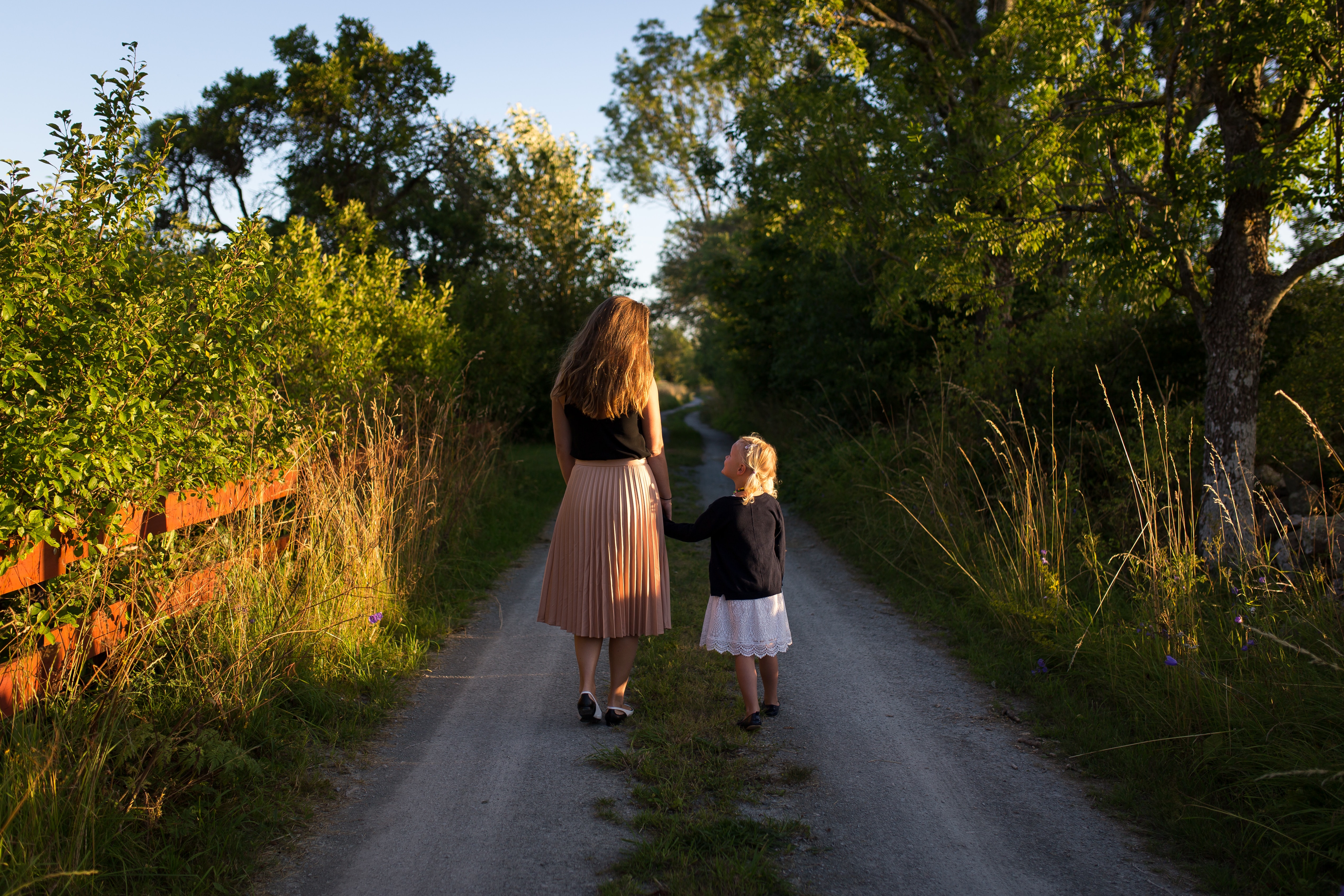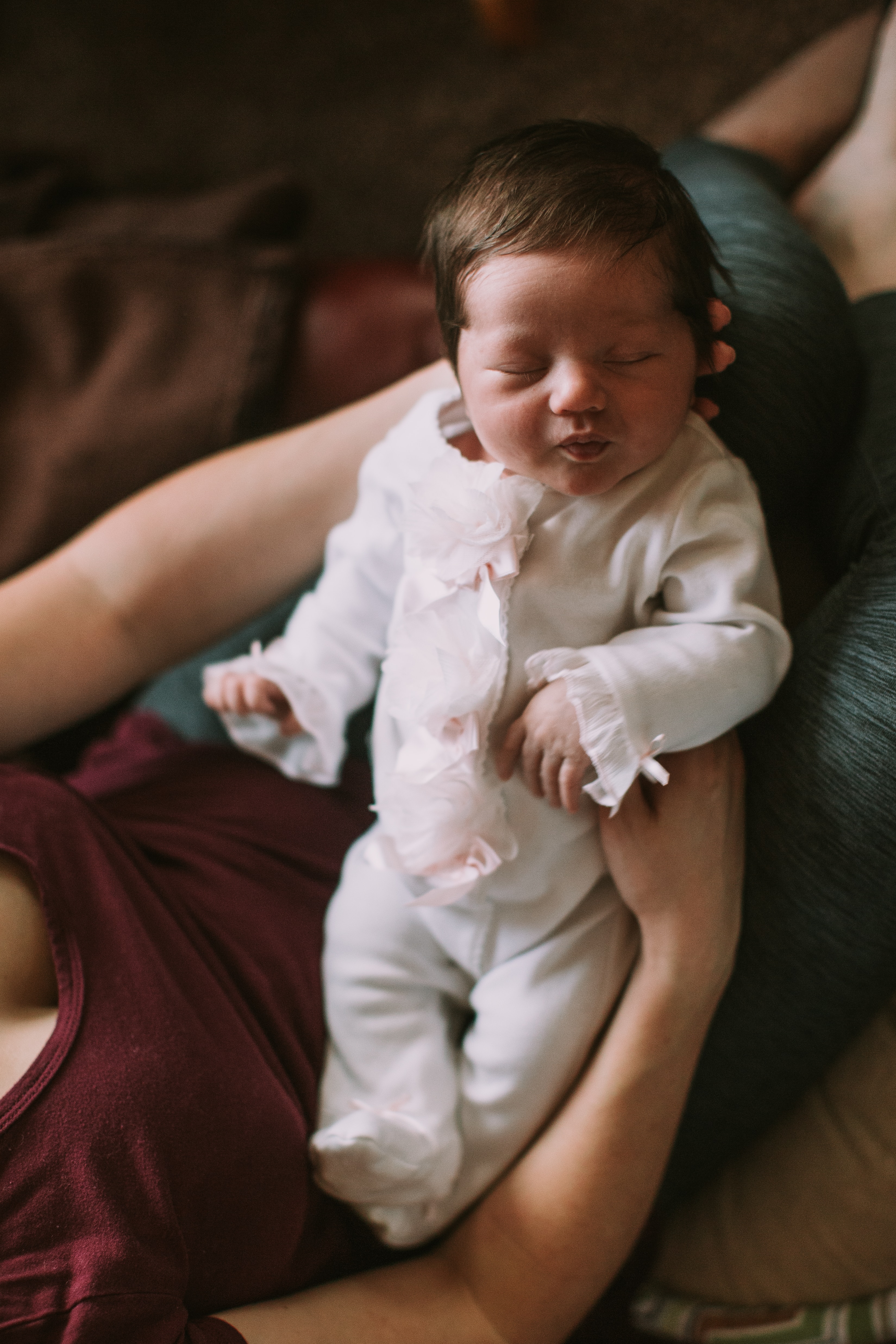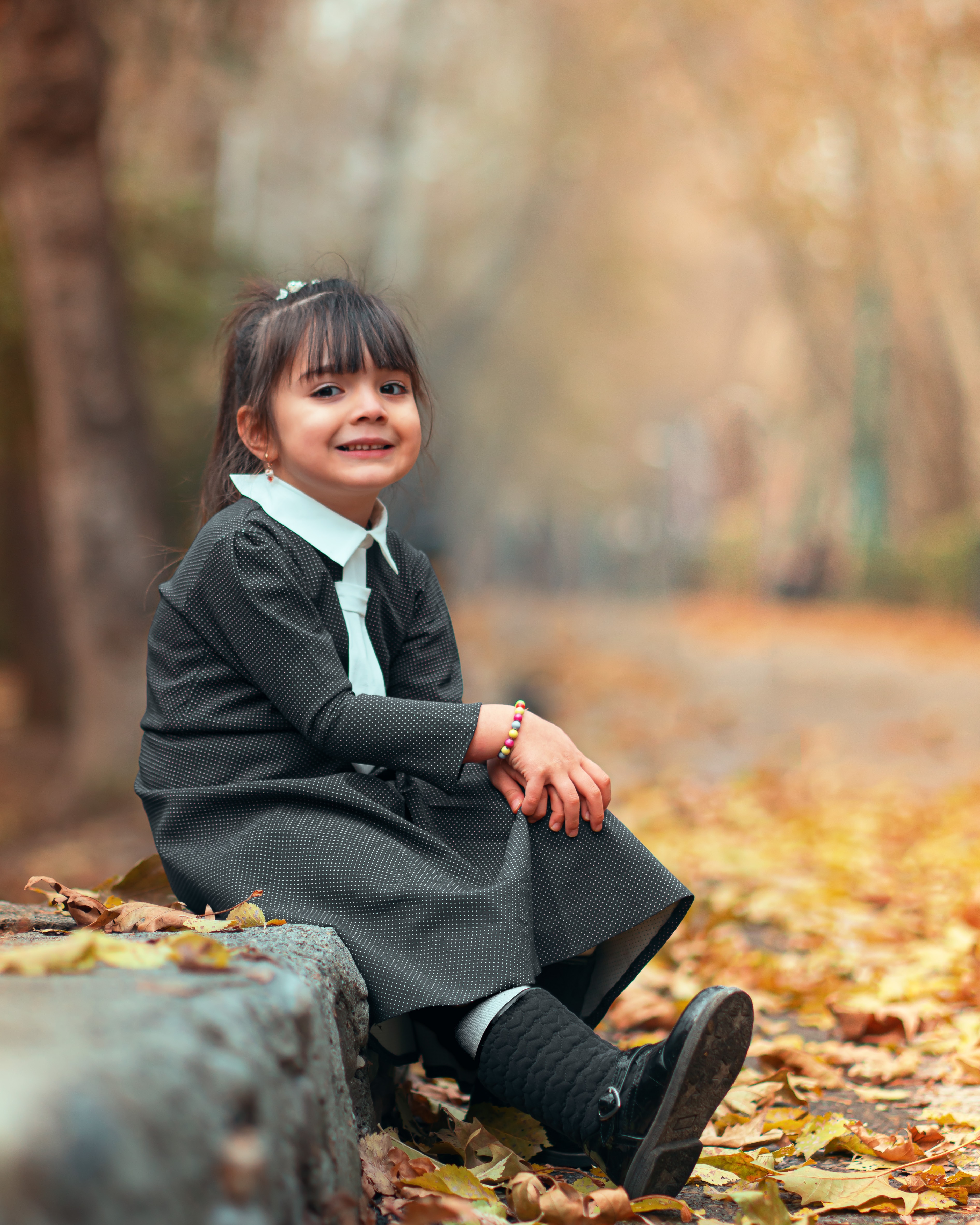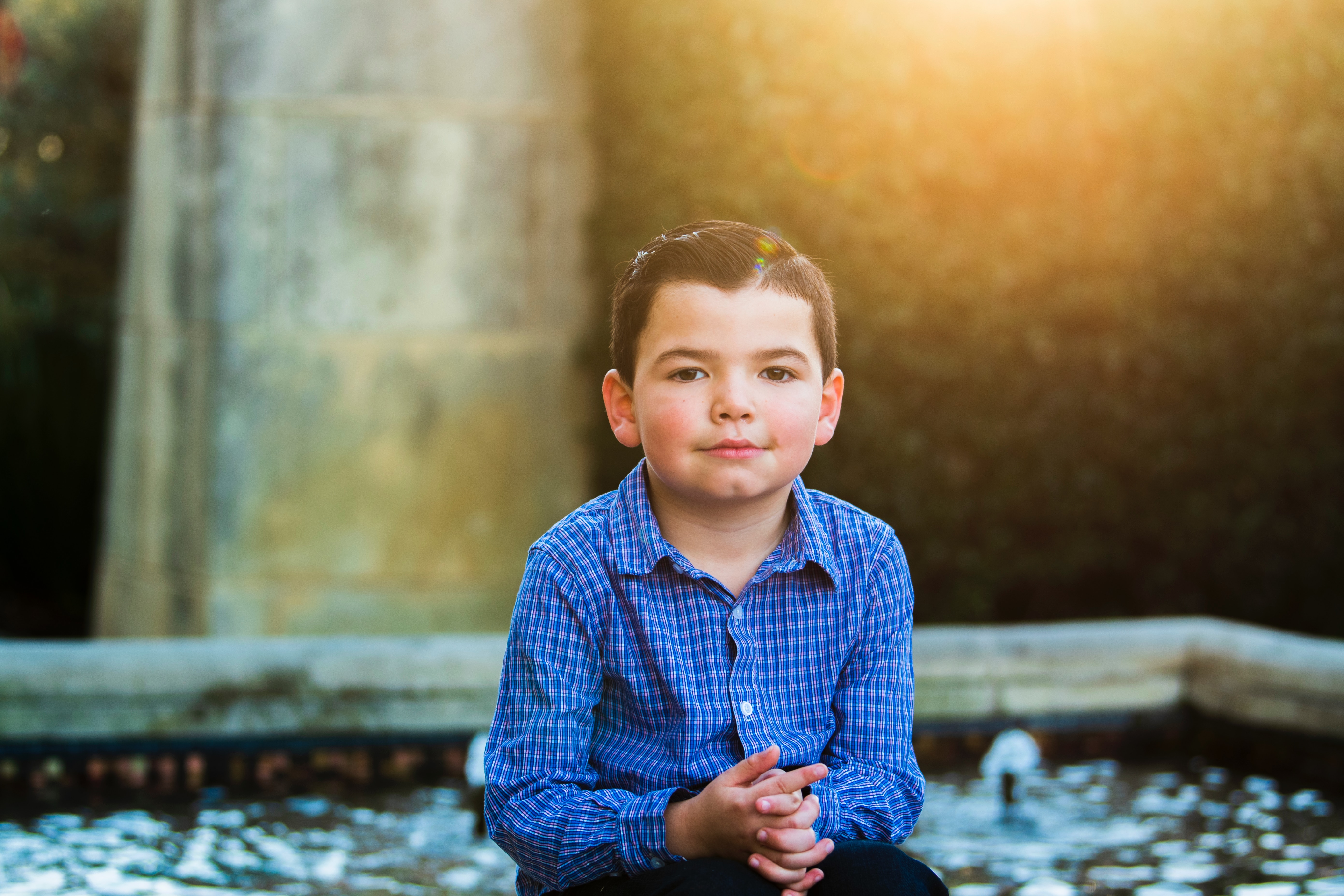Should children go to funerals? Some parents want to shield their kids from what could be a distressing situation. Others worry that their little one will take the opportunity to play up, distressing everyone else. Both are legitimate concerns — but funerals can be an important part of the grieving process, even for kids.
If you’re going back and forth on this decision, here’s what you need to think about.
Should children go to funerals?
Ask around, and you’re sure to find someone who wasn’t allowed to go to a funeral as a child and resented it. Like the rest of us, kids can benefit from the opportunity to say goodbye to a loved one. And from the comfort that comes from grieving with others.
 At the same time, it’s natural as a parent to want to protect your child from a potentially painful situation. You might worry that seeing the adults around them upset will scare them. Or that the strangeness of the funeral and its focus on death and loss will be too much.
At the same time, it’s natural as a parent to want to protect your child from a potentially painful situation. You might worry that seeing the adults around them upset will scare them. Or that the strangeness of the funeral and its focus on death and loss will be too much.
…And yes, with younger kids, there’s always the chance they’ll pick this moment to have one of their more dramatic tantrums.
It’s a question with no real right or wrong answer. In fact, opinions are pretty evenly split: according to a recent British Social Attitudes survey, when asked if children should attend funerals, 48% of us think it’s inappropriate for under 12s. But there are things that can help you come to a decision.
How to decide if children should go to a funeral
Ask the child what they’d like to do. With children who are old enough to understand what has happened, experts tend to come down on the side of letting a child go to a funeral if they want to.
Not letting them go when they want to can feel to them like you’re saying that their grief isn’t as important as everyone else’s. At the same time, forcing a child to go to a funeral when they’d rather not can be equally distressing.
So, ask them. And keep checking back in with them until the funeral, in case they change their mind.
 Should babies and toddlers go to funerals?
Should babies and toddlers go to funerals?
But what about kids who aren’t old enough to understand? Should young children go to funerals? What about babies?
With toddlers and babies, the concern is less about what they’ll think and more about how much noise and fuss they might make. You yourself might not be in any state to take care of them when they’re misbehaving, either.
Some families appreciate having babies and toddlers at a funeral as a reminder that life goes on. Seeing kids just being kids can lighten the mood. But others will find any disruption disrespectful, especially if you’re not close family. You might like to ask around to get a sense of what’s best. It may be that it’s better to just take your child to the wake instead, which is typically noisier and more informal.
If you do decide to bring a baby or toddler to a funeral, there are steps you can take to make sure they don’t disrupt the service too much. More on this below.
Taking a child to a funeral
Funerals are always hard. But they can also be comforting, even positive experiences. Here are our top tips for preparing your kids for the funeral and making sure that it goes well.
Explain what is happening (in detail)
Give a clear and simple explanation of what a funeral is. What happens on the day? Why do people die? Who will be at the funeral? What is a burial, or a cremation, or coffin, or urn?
Be sure to use very straightforward language, especially with small kids. Avoid euphemisms at all costs — kids who have been told that grandpa has “gone to sleep” can become afraid of going to bed themselves, for example. You can find more advice on talking to kids about death here.
Let them know that people will be upset
Let your children know ahead of time that you (and other people at the funeral) might cry, and that this is normal and okay. They should also know that it’s okay to cry themselves, but that they don’t have to.
Ask a friend or family member to look out for your kids
There may be times during the funeral when you can’t focus 100% on your children. It helps to recruit a back-up parent, if you will. Someone to watch them, answer their questions, support them and take them out of the venue if they need to leave. If your child is at risk of playing up, it might be better for them to sit with your friend at the back of the venue for the service so they can slip out quietly.
Describe the setting
There are a lot of unfamiliar places, objects, people and activities involved in a funeral. This can be confusing and even scary for a child. So, try to walk them through exactly what they can expect to see at each point in the funeral, and what they will need to do or say. You might even be able to find pictures of the venue to help them prepare.
Get them involved
One way you can help children feel more comfortable at the funeral is to let them help you with the arrangements. For example, they could make cards for the person who has died to place on the coffin. Or they could choose flowers, or an urn. Some families even decorate the coffin together.
Get there early
Give them a chance to get used to the unfamiliar setting before the bustle of other guests arriving.
Bring some distractions
Toddlers and younger kids can get bored sitting still for a long period of time. It can help to bring a few non-noisy toys with you to keep them quiet and (if they can walk) from wandering off. Paper and pencils is a good bet.
One really nice way to get kids involved is to let them help you make an online memorial page. They can help you choose pictures, figure out what to say and share memories of their own. You can make a beautiful online memorial for free on Beyond here.
If you’re not taking a child to a funeral …
Decided not to take your kids to the funeral? It can be helpful to do something more informal together as a family to say goodbye:
- Write letters or make cards for the person who has died.
- Visit their grave once it has been filled in and leave flowers.
- Hold a memorial service at home. Ask everyone in the family to say some words.
- Take your children with you when you scatter the ashes.
- Light candles in memory of the person who has died.
- Have a special family meal where you share stories about them.
What should children wear to a funeral?
Unlike adults, kids don’t often have a bit of formalwear stashed away. So, should children go to a funeral, what should they wear?
What should a toddler wear to a funeral, or a baby?
It’s not necessary for babies and toddlers to wear black to a funeral, or tiny suits! Usually, it’s okay to just dress them in the smartest clothes they have, in black and white or muted colours if that’s possible. Don’t worry if it’s not. It can also be nice to put them in something the person who died gave them, or liked to see them wear.
 What should older children wear to a funeral?
What should older children wear to a funeral?
Again, it’s more important that the clothes children wear to a funeral are smart than dark. Here are some ideas for ages 4-12:
- If your child does have a suit, that’s perfect.
- If it’s smartish, their school uniform should be fine.
- Shirts and blouses are good. A polo shirt could be worn under a jumper. Tuck into smart trousers or skirts.
- A simple dress in a dark colour (navy, grey, dark green, blue, burgundy are all good) can work.
- Try not to worry too much. People will understand that kids don’t usually have business attire on reserve.
Not all funerals call for black or dark colours. At a celebration of life, you might need to wear bright colours instead! And certain religions call for white instead. Always defer to the family’s requests.
Should children go to funerals? Share your thoughts
What do you think: should children attend funerals, or are they better off staying away? You can join the debate over on the Beyond forum
And for more funeral-related questions, check out the rest of our help centre. From what to take to a funeral service to messages to write on funeral flowers, we’ve got everything you need.
